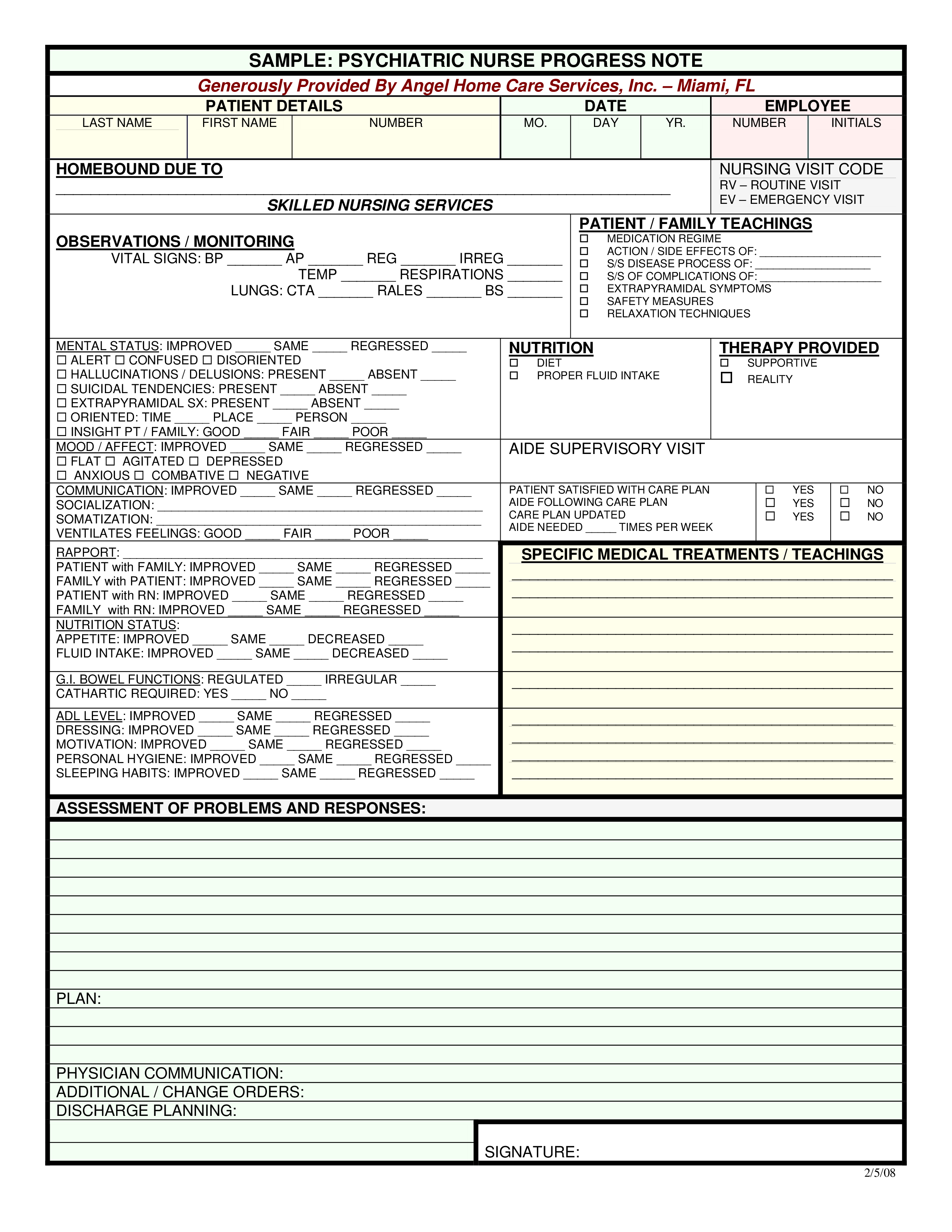Essential Paperwork for Starting a Psychiatric Hospital

Essential Paperwork for Starting a Psychiatric Hospital

Embarking on the journey to establish a psychiatric hospital is a noble endeavor, filled with both challenges and the opportunity to make a significant impact on mental health care. From navigating the complex web of legal requirements to ensuring the smooth operation of daily activities, one of the critical aspects that can determine the success or failure of such a venture is managing the essential paperwork. This detailed guide provides a comprehensive rundown of the key documents and permits required for starting a psychiatric hospital.
Licensing and Accreditation

Before you can open your doors to patients, your psychiatric hospital must be recognized by regulatory bodies:
- State License: A primary license from the state in which you plan to operate is mandatory. This involves proving compliance with state-specific health, safety, and medical regulations.
- Accreditation: While not always legally required, accreditation from organizations like the Joint Commission enhances credibility, attracts insurance coverage, and ensures high standards of care.
Key Licensing and Accreditation Documents:

| Document | Description |
|---|---|
| State License Application | Submitted to the state health department detailing facility specifics and compliance measures. |
| Accreditation Certificate | Evidence that your hospital meets the standards of recognized accreditation bodies like The Joint Commission or CMS. |

📌 Note: The process to obtain these licenses and accreditations can be time-consuming. Plan for at least 6 to 18 months.
Legal and Corporate Documents

Forming a psychiatric hospital involves numerous legal and corporate documents to establish your organization:
- Articles of Incorporation: Legal formation of your business entity, whether a corporation, LLC, or non-profit.
- Bylaws: Internal rules and regulations governing the hospital's operations and governance.
- Operating Agreements: For LLCs, this outlines ownership, operations, profit distribution, etc.
- Board Resolutions: Recorded decisions on significant issues like financial commitments, bylaws changes, and staff appointments.
These documents are foundational for legal compliance and provide clarity on the structure and governance of your organization:
- Service Contracts: Agreements for medical, cleaning, and other outsourced services.
- Insurance Policies: Professional liability, general liability, and property insurance are vital for the protection of both the hospital and its staff.
- Compliance Manual: An internal guide to maintain regulatory adherence.
Financial Documentation

Ensuring financial stability and transparency is key:
- Business Plan: Comprehensive documentation on the operational and financial strategy of the hospital.
- Feasibility Study: Assess viability in terms of demand, location, competition, and potential revenues.
- Financial Projections: Detailed forecasting of income and expenditures over several years.
- Funding Agreements: Contracts or agreements with investors or lenders outlining terms and conditions for financial support.
📌 Note: Investors and lenders will closely examine your financial projections and feasibility study to assess the hospital’s economic sustainability.
Regulatory and Compliance Documentation

Compliance with healthcare laws and patient rights is a legal obligation:
- HIPAA Compliance Documentation: Adherence to privacy laws to protect patient information.
- CLIA Certification: If your hospital conducts lab tests, this certification from CMS is necessary.
- DEA Registration: Required for managing prescription drugs and controlled substances.
Key Compliance Documents:

| Document | Description |
|---|---|
| HIPAA Policy and Procedure Manual | Outlines measures taken to safeguard patient information. |
| CLIA Certificate | Certification for lab testing capabilities within the hospital. |
| DEA Registration Number | Allows you to handle controlled substances lawfully. |
Operations Manual and Safety Protocols

Operational efficiency and patient safety are of utmost importance:
- Operations Manual: Comprehensive guide on operational procedures, staff roles, and service delivery.
- Emergency Action Plan: Procedures for responding to emergencies like fires or natural disasters.
- Infection Control Protocols: Detailed plan to mitigate and manage hospital-acquired infections.
📌 Note: Regular training and updates on these protocols ensure a high standard of care and safety within the facility.
In summary, while the journey to opening a psychiatric hospital involves navigating a complex array of paperwork and regulations, understanding the essential documents can streamline the process. From securing licenses and accreditations to ensuring financial sustainability and legal compliance, each piece of paperwork plays a crucial role. By keeping an organized approach, focusing on the unique needs of mental health care, and maintaining patient safety and privacy, you can establish a psychiatric hospital that delivers quality care and contributes positively to the community.
How long does it take to start a psychiatric hospital?

+
The time frame can vary greatly due to various factors like state regulations, funding, and location. On average, it could take between 6 to 18 months to get all the necessary licenses and accreditations.
Is accreditation mandatory for a psychiatric hospital?

+
While accreditation isn’t always legally mandatory, it significantly enhances the hospital’s reputation, insurance reimbursement rates, and overall credibility. It’s highly recommended for long-term success and quality of care.
Can a psychiatric hospital operate without insurance?

+
No, insurance is crucial for protecting the hospital from potential liabilities. Professional liability insurance, in particular, is non-negotiable to safeguard against malpractice claims.